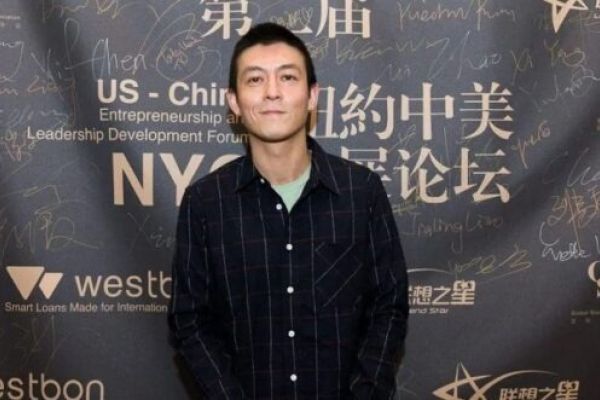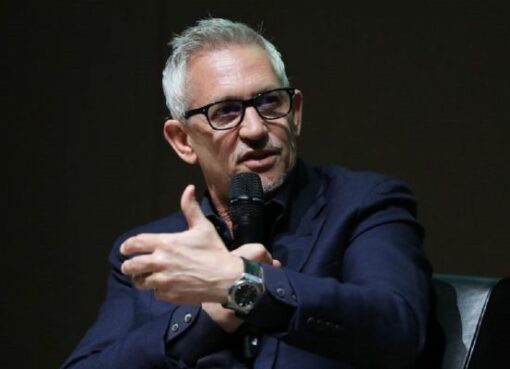Sze Ho-chun’s imprisonment caused a stir in the midst of the notorious Edison Chen incident. It gives the intriguing case another layer of debate.
An actor and singer from Hong Kong, Edison Chen was born in Canada. In the early 2000s, he rose to fame in Hong Kong thanks to his songs and movies.
He bought a pink laptop in 2006, which he took to a repairman’s shop in 2007.
Over 1,300 private, personal images of the actor with numerous ladies, including well-known actresses, were found on the laptop by store employees.
Early in 2008, the images were covertly duplicated and posted online, sparking a significant controversy in Hong Kong and around Asia.
Case of Edison Chen
Page Contents
When private, personal images of well-known Hong Kong actor Edison Chen surfaced online in January 2008, the entertainment world was rocked.
The scandalous photos, which included the actor with a number of female actors, including Gillian Chung, Bobo Chan, Rachel Ngan, and Cecilia Cheung, spread fast over the world.
Law enforcement reacted swiftly, detaining many people for disseminating the incriminating images and contacting Interpol to assist in stemming the worldwide spread.
By the middle of February, more than 1,000 graphic images of him had been published, harming the actresses engaged in the scandal’s reputation.
The Hong Kong actor acknowledged that he was the creator and copyright owner of the majority of the photographs, but he highlighted that their private nature and unauthorized distribution were against the law.
He issued a public apology and said he was leaving Hong Kong’s entertainment industry permanently.
In the end, police investigations turned up his computer and storage devices, which included a vast collection of more than 10,000 private photos.
Five additional celebrities linked to the scam were discovered, but they chose not to cooperate with investigators, further igniting the situation.
Computer Technician Sze Ho-Chun News of Arrest
Sze Ho-chun, a jobless computer specialist, was detained in January 2008 after posting only one image connected to the Edison Chen incident.
In response to strong public pressure to bring legal action against those responsible for releasing the graphic photographs, he was then held during the Lunar New Year vacation.
Police discovered 12 more scandal-related images on Sze’s computer while conducting their investigation. There was, however, no proof that he was blackmailing or acting maliciously.
Sze was nevertheless accused of “dishonest use of computers with criminal intent.”
Sze defended his innocence and that he wasn’t in charge of posting the pictures online throughout the court case.
He wasn’t directly implicated in the picture leaks, but in May 2009 he was controversially found guilty on three charges and handed an 8.5-month suspended sentence.
The circumstances and issues surrounding high-profile scandals are highlighted by Chun’s case.
Additionally, the public’s demand for prompt justice may sometimes result in dubious judicial decisions in the absence of solid proof.
Trial and Sentence in the Edison Chen Scandal
Edison Chen declined to go back to Hong Kong to give a testimony when the Edison Chen affair developed.
Instead, attorneys made a publically funded trip to Canada in February 2009 to get his statement.
The actor stressed his opposition to their public distribution while adding that the images were private and consenting and that they were real.
For Chen, the controversy had significant personal and professional repercussions.
Due to threats made against him, he was pulled from prospective projects, endorsement agreements were unexpectedly terminated, and security was needed.
His reputation and ability to support himself were severely affected by the controversy.
The way the police handled the investigation also drew harsh criticism.
Many said it exposed the unequal implementation of the law and instilled unwarranted anxiety among internet users.
There were brief demonstrations calling for the police to apologize for allegedly abusing their authority.
Sze Ho-chun’s contentious conviction despite little evidence stoked claims of police misconduct and stoked popular unhappiness.
The Edison Chen controversy and its fallout demonstrate the intricate overlaps between technology, privacy, and the law that may develop in well-publicized situations.
It provides a sobering illustration of the disputes and criticism that may arise when the general public believes that justice has been applied unfairly or unevenly.
Also Read, Notyourgothgirlfriend, Medukarabu, and Lili Sixx.





